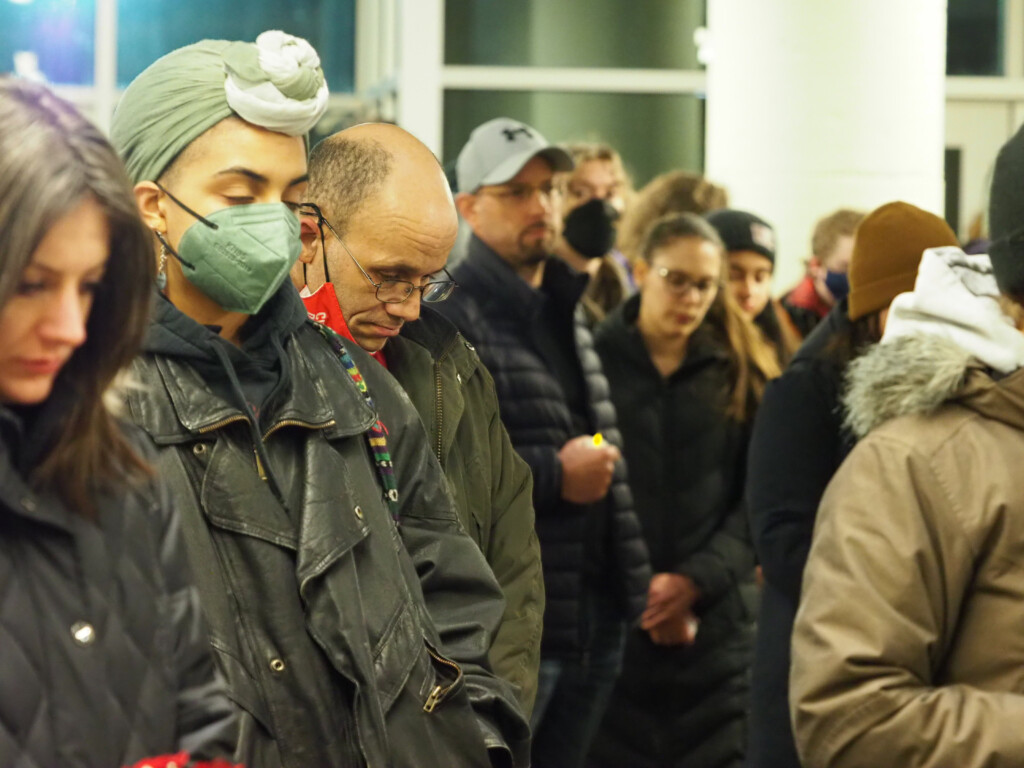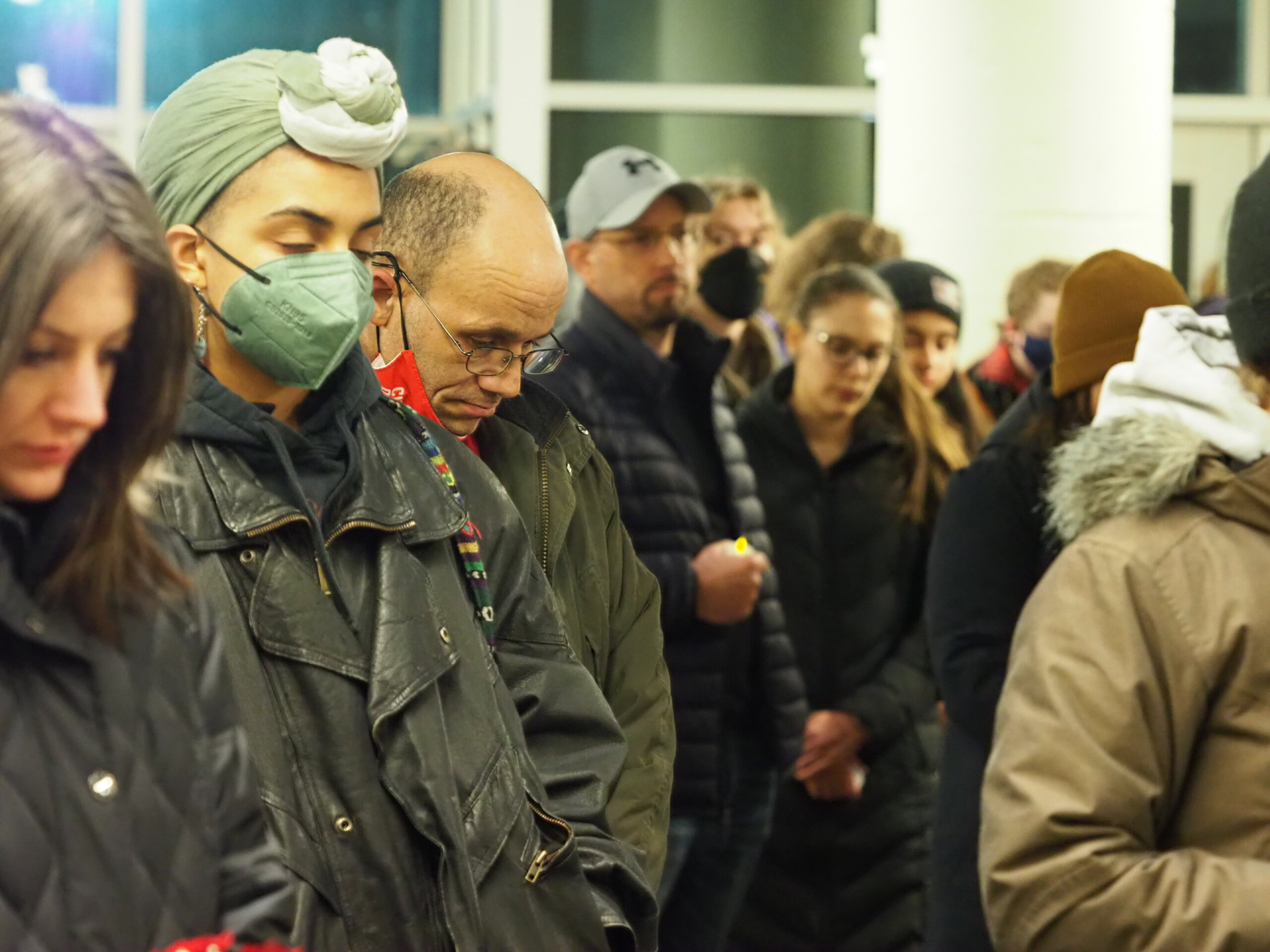At the vigil on Jan. 7 honoring Tyre Nichols, only a handful of UR students were in attendance. In an interview with the Campus Times, SA President and junior Adrija Bhattacharjee mentioned being unsurprised by the student turnout. “It’s not surprising that we don’t have a lot of university engagement from that end,” she said. “At the end of the day, we are an R1 STEM-centric school — our engineering students, for instance, are definitely aware that these things happen and for sure show up, but not to the same degree per se to a student studying [Political Science] or [studying] within the realm of racial justice.” Bhattacharjee also mentioned the disconnect between students and the 19th Ward and the bubble that campus life is contained within. “I think because there was a lot of momentum in 2020 and 2021 that it was a lot easier to get blamed for not attending these kinds of things because they’re going on around you,” she said, regarding the shift in student attendance at community protests. “But also just in general, police brutality like BLM and anti-Asian hate, these kinds of issues to people in those communities — they’ll never lose momentum for us.”
Sophomore Alan Sujansky didn’t attend the vigil — according to him, he didn’t hear about it.
“I think people prefer just to post a pretty Instagram infographic on their story because it’s easier and more public,” he said. “So they get to project that they care without having to stand in the cold.” Similarly, sophomore Lucy Yang didn’t hear about the vigil and noted that student access to transportation to downtown wasn’t reliable. When asked about if students would attend given accessible transportation options, though, Yang was unsure. “I want to say that’s a toss-up for the [UR] community,” she said. “I have a friend who transferred to NYU who said everyone at [UR] is very focused on work and education. Maybe it’s a good thing but it’s probably also a bad thing because it creates an environment that compounds a toxic work culture. It’s this apathetic kind of thing that’s built up in our age group. It’s like the bystander effect.”
Sophomore Athena Li-Wu had a similar thing to say. “I’m a busy college student, I have certain things I deem important,” she said. “I don’t feel very emotionally attached to the movement. It also depends on if my friends [would be] going.”
Li-Wu also mentioned a culture within the University of “social justice” but due to its community’s demographics, that passion and culture coming off as performative at times. “Rich, white [or] Asian, upper middle class, people who can actually afford to come here,” she said. “They only care in a way that makes them look good to other people. That’s what matters to them the most.”
From the experiences of UR students, a common underlying sentiment is evident — attitudes of either apathy or performativity towards social justice pervading the student body, particularly those of white and wealthy demographics. For the majority of students living on campus, the centering of student life on a heavily work-driven bubble culture coupled with the current lackluster transportation options for mobility off campus are substantial factors in driving this sentiment. Notions such as the movement for justice for victims of police brutality or Stop Cop City seem to have impacts which are realized a world away.


